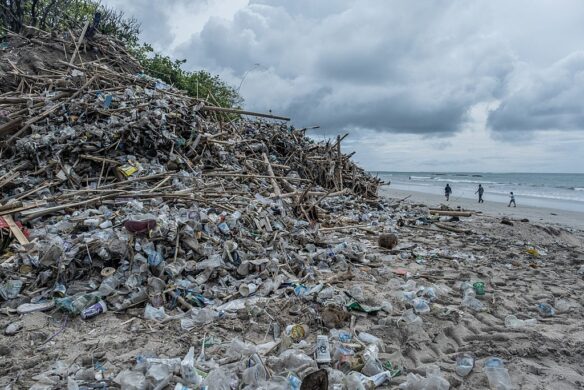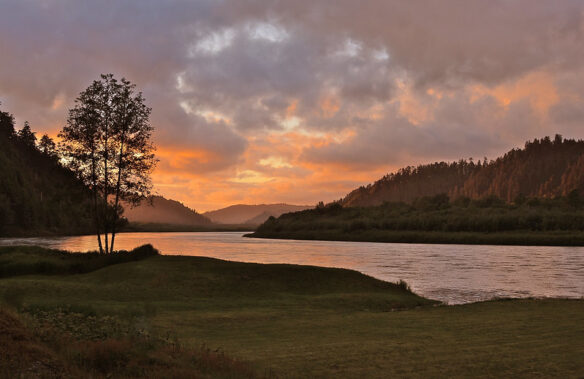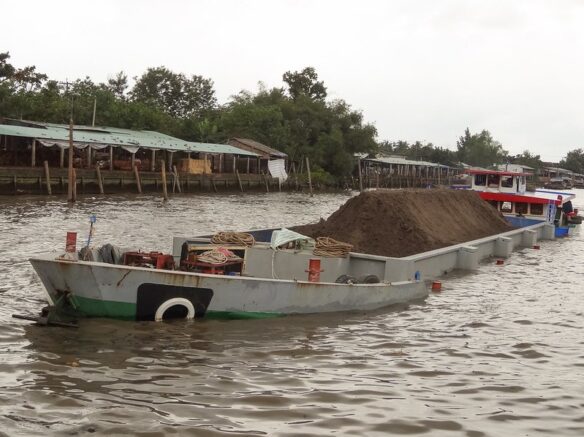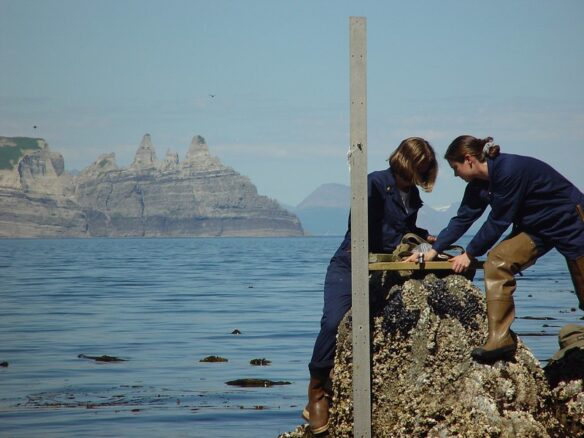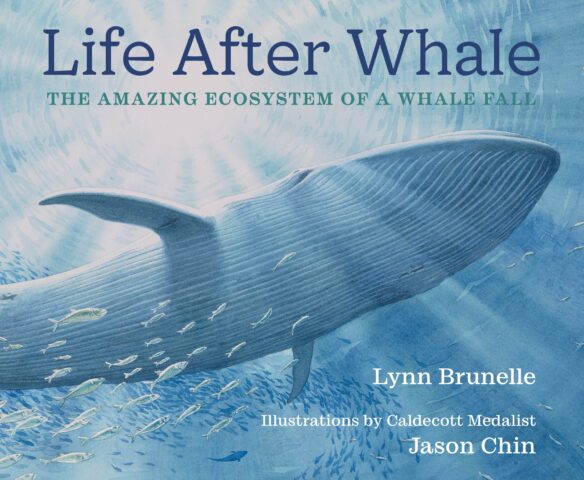
Photo source: ©© Eric Vondy
Excerpts;
Knowing the rate at which the oceans absorb carbon pollution is a key to understanding how fast climate change will occur…
As humans burn fossil fuels and release greenhouse gases, those gases enter the atmosphere where they cause increases in global temperatures and climate consequences such as more frequent and severe heat waves, droughts, changes to rainfall patterns, and rising seas. But for many years scientists have known that not all of the carbon dioxide we emit ends up in the atmosphere. About 40% actually gets absorbed in the ocean waters.
Read Full Article; Guardian UK (02-16-2017)
Humans causing climate to change 170 times faster than natural forces; Guardian UK (02-12-2017)
Southern Ocean Removing Carbon Dioxide From Atmosphere; Science Daily (09-10-2015)
Anthropocene Period Would Recognize Humanity’s Impact on Earth, Science Daily (07-11-2013)
The Anthropocene is the name of a proposed new geological time period that may soon enter the official Geologic Time Scale. The Anthropocene is defined by the human influence on Earth, where we have become a geological force shaping the global landscape and evolution of our planet…
The Anthropocene epoch: scientists declare dawn of human-influenced age, Guardian UK (08-29-2016)
Experts say human impact on Earth so profound that Holocene must give way to epoch defined by the radioactive elements dispersed across the planet by nuclear bomb tests, although an array of other signals, including plastic pollution, soot from power stations, concrete were now under consideration…
Human impact has pushed Earth into the Anthropocene, scientists say, Guardian UK (01-08-2016)
There is now compelling evidence to show that humanity’s impact on the Earth’s atmosphere, oceans and wildlife has pushed the world into a new geological epoch, an “Anthropocene” – ending the current Holocene which began around 12,000 years ago…

